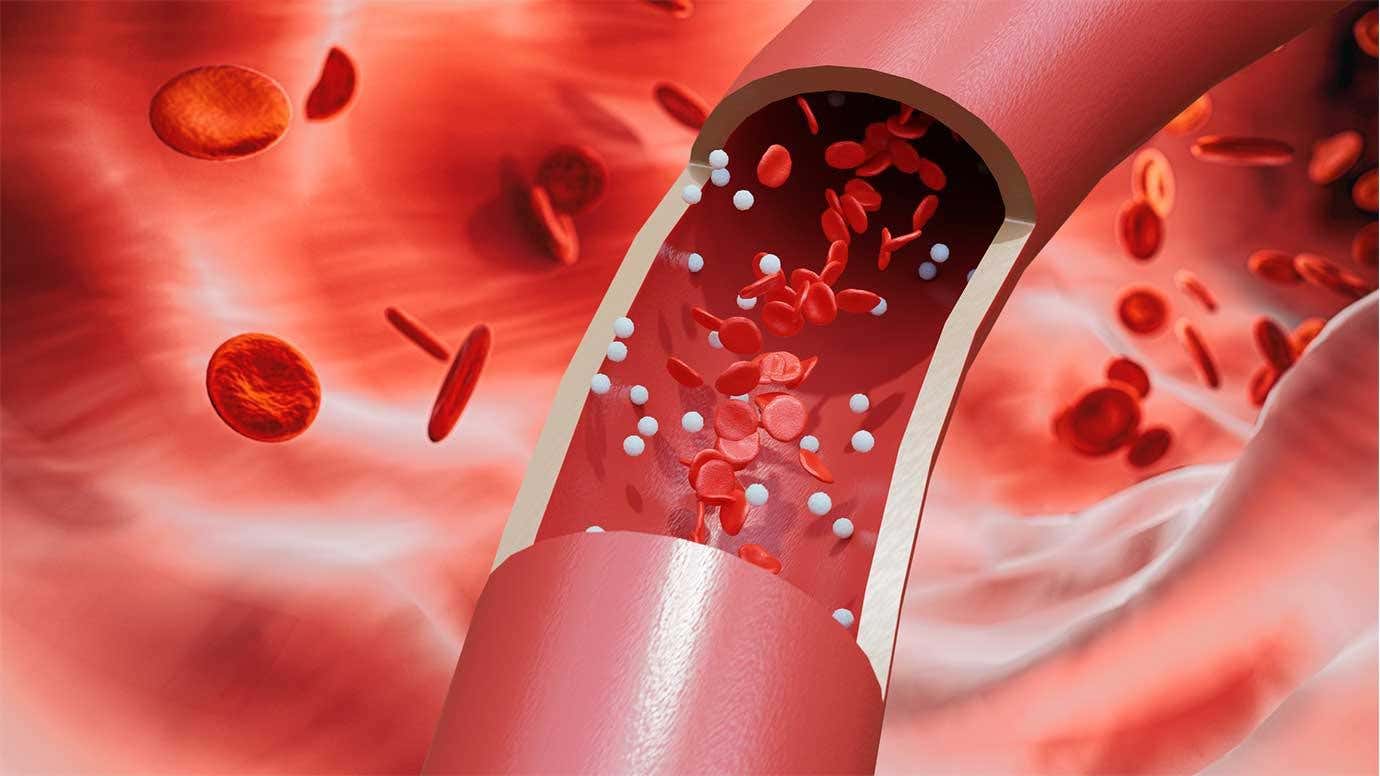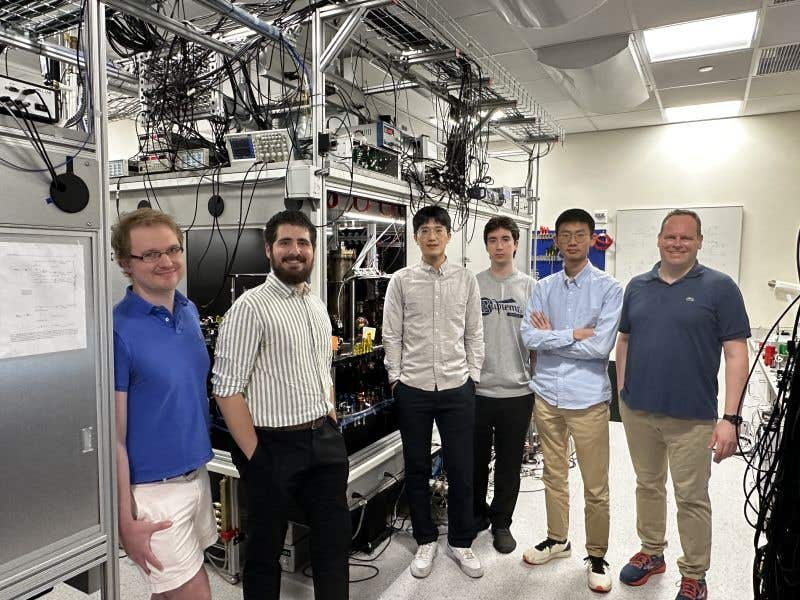Blood nanoparticles could transform how cancer and other diseases are treated
These molecules, which change in response to cancer, may serve as biomarkers for detecting prostate cancer or even as therapeutic targets.

The team coined the term “EV-UGRs” (Extracellular Vesicles-Associated Unannotated Genomic Regions) for these newly identified RNA molecules found in the blood and urine of prostate cancer patients. (CREDIT:
UChicago News – The University of Chicago)
Scientists at the Icahn School of Medicine at Mount Sinai have uncovered a new class of RNA molecules within tiny particles called extracellular vesicles (EVs), a discovery that could transform how cancer and other diseases are diagnosed. These molecules, which change in response to cancer, may serve as biomarkers for detecting prostate cancer or even as therapeutic targets.
The research, spearheaded by a team including Dr. Navneet Dogra, Dr. Edgar Gonzalez-Kozlova, Dr. Tzu-Yi Chen, and Dr. Gustavo Stolovitzky, was published in the Journal of Extracellular Vesicles. Dr. Dogra and Dr. Gonzalez-Kozlova are faculty members at Icahn Mount Sinai, and Dr. Stolovitzky previously held a position there and worked at the IBM Watson Research Center.
The team coined the term "EV-UGRs" (Extracellular Vesicles-Associated Unannotated Genomic Regions) for these newly identified RNA molecules found in the blood and urine of prostate cancer patients. Often considered the “dark matter” of the human genome, UGRs play a critical role in regulating gene expression and protein synthesis.
Extracellular vesicles, including exosomes, are nanoparticles secreted by all cells into biofluids like blood and urine. These particles, much smaller than the thickness of a human hair, carry genetic material safely shielded from the external environment. In collaboration with Dr. Stolovitzky's lab, Dr. Dogra's team discovered that EVs carry these small, previously unknown RNA molecules.
"Previously, the RNA 'dark matter' associated with extracellular vesicles and exosomes was largely overlooked," says Dr. Dogra, the lead author of the study. "We wanted to investigate whether EV-UGRs could be useful in disease monitoring. By tracking prostate cancer patients before and after surgery, we found that EV-UGR RNA expression changed post-surgery. This is, to our knowledge, the first study to detail these RNA molecules in the context of prostate cancer."
Related Stories
Dr. Dogra continues, "Our findings suggest that EV-UGRs in blood undergo changes when cancer is present. This points to a less invasive way to diagnose prostate cancer through liquid biopsies, potentially reducing the need for complex, painful, and infection-prone biopsy procedures."
Dr. Ash Tewari, a co-author of the study and Chair of the Department of Urology at Icahn Mount Sinai, highlights the potential of this discovery. "Prostate cancer is often a heterogeneous disease that may not require immediate treatment, only active monitoring. Our study introduces a novel diagnostic tool using extracellular vesicle-associated RNA molecules. This approach has significant potential for less invasive diagnostics and liquid biopsy in the near future."
The research involved next-generation small RNA sequencing to analyze human tissues and fluids quickly. The team also developed a cost-effective liquid biopsy test and created tools to isolate tiny EVs from blood and urine, alongside a computer pipeline to identify these new RNA types.
Dr. Dogra notes that the discovery of EV-UGRs holds promise not only for prostate cancer but potentially for other diseases as well. The next step involves validating these findings through rigorous randomized clinical trials to test the new approach on a larger scale.
"This achievement is significant and timely," says Dr. Carlos Cordon-Cardo, a co-author of the study. "The potential impact of this research is vast, promising a future where diagnosing diseases like prostate cancer could be done quickly and less invasively. This advancement could revolutionize care by reducing the time and discomfort associated with current diagnostic procedures, leading to earlier detection and more effective treatments, ultimately improving patient outcomes and quality of life."
The study paves the way for a future where diagnosing prostate cancer and possibly other diseases could be done through simple blood or urine tests, dramatically improving the patient experience and outcomes.
Note: Materials provided above by The Brighter Side of News. Content may be edited for style and length.
Like these kind of feel good stories? Get The Brighter Side of News' newsletter.



